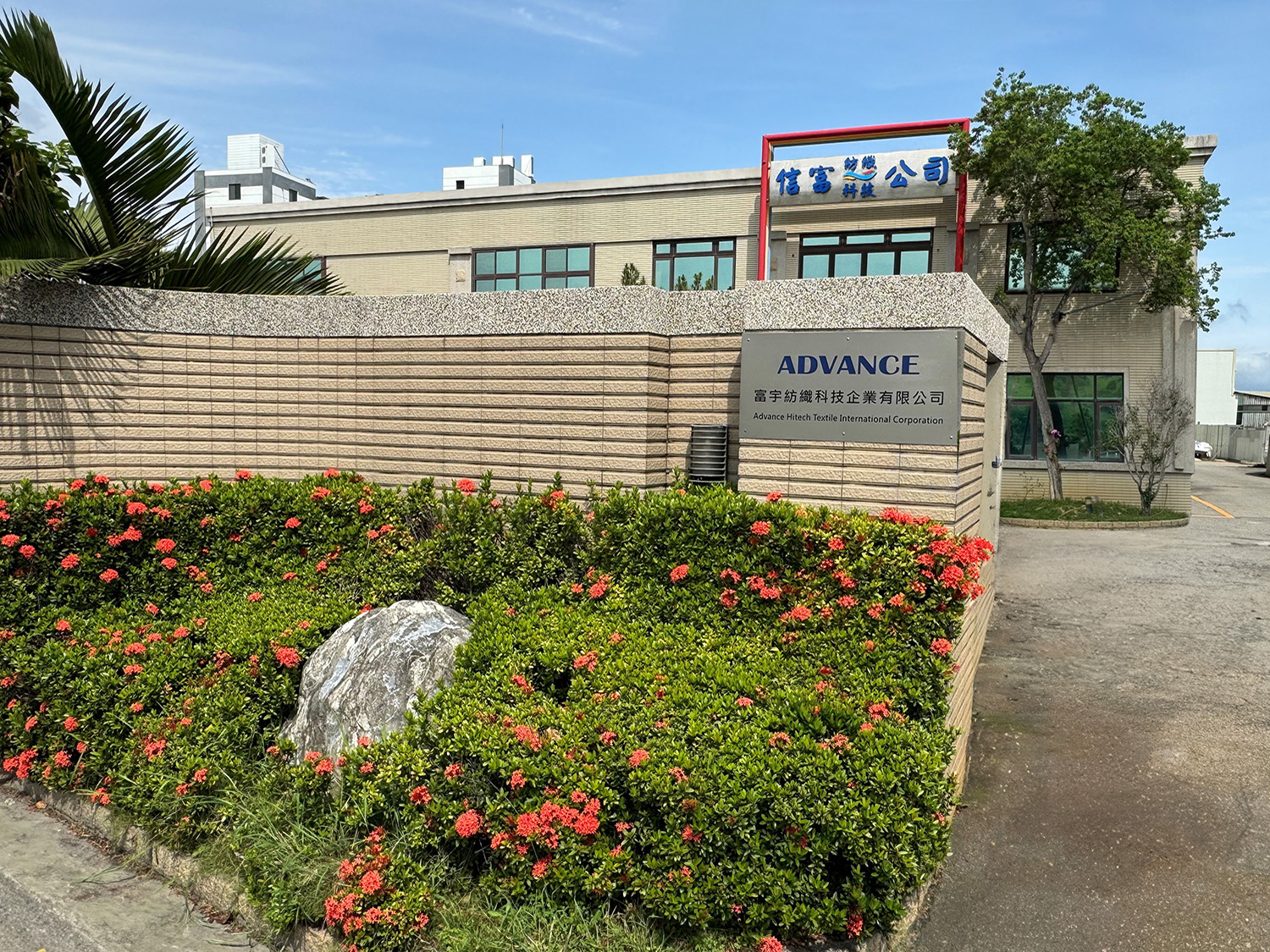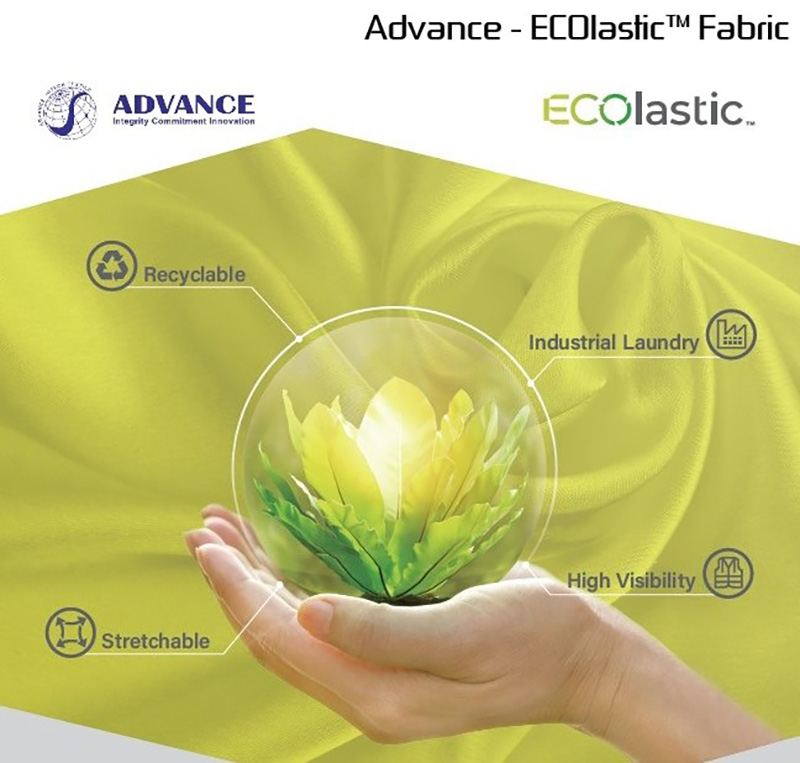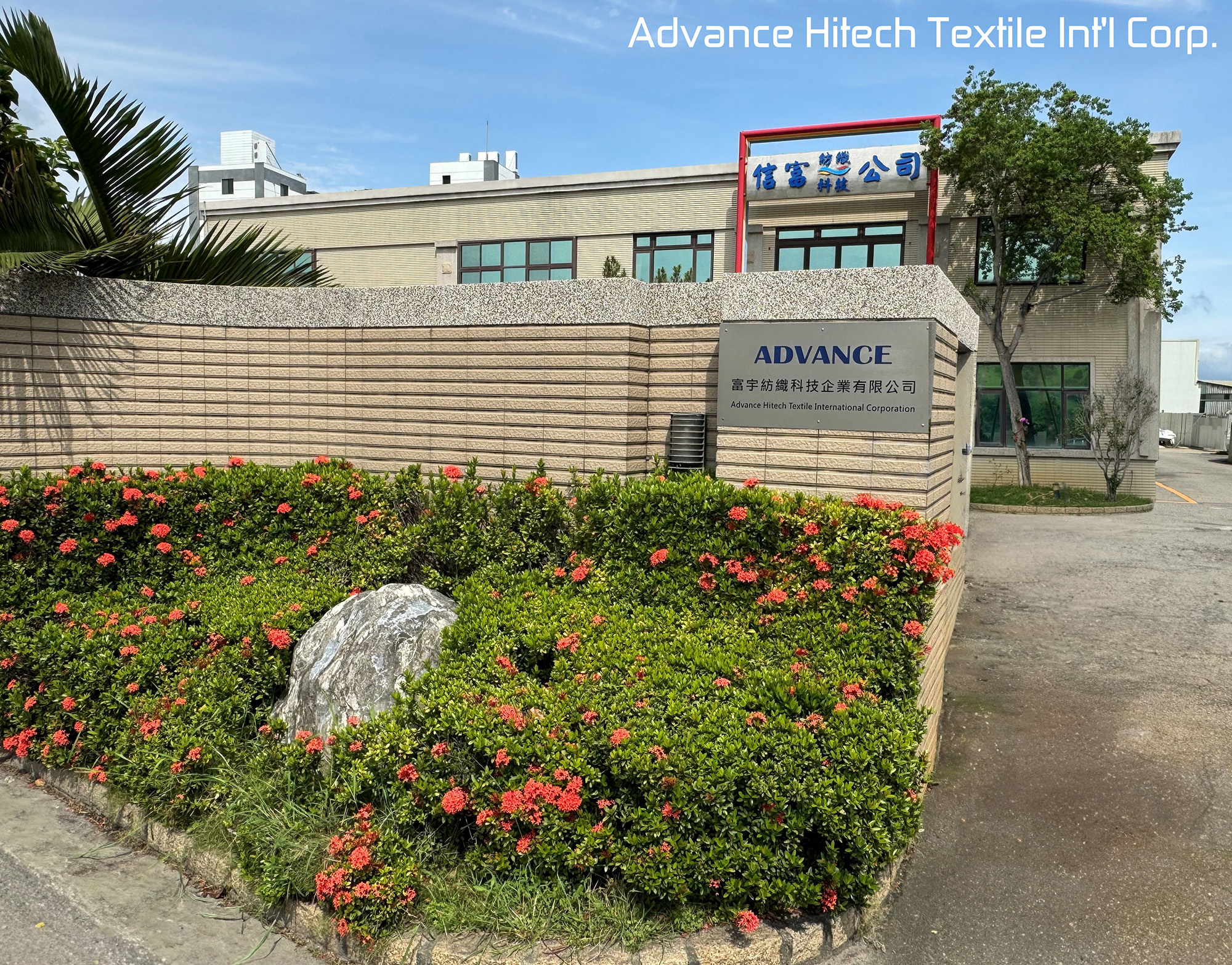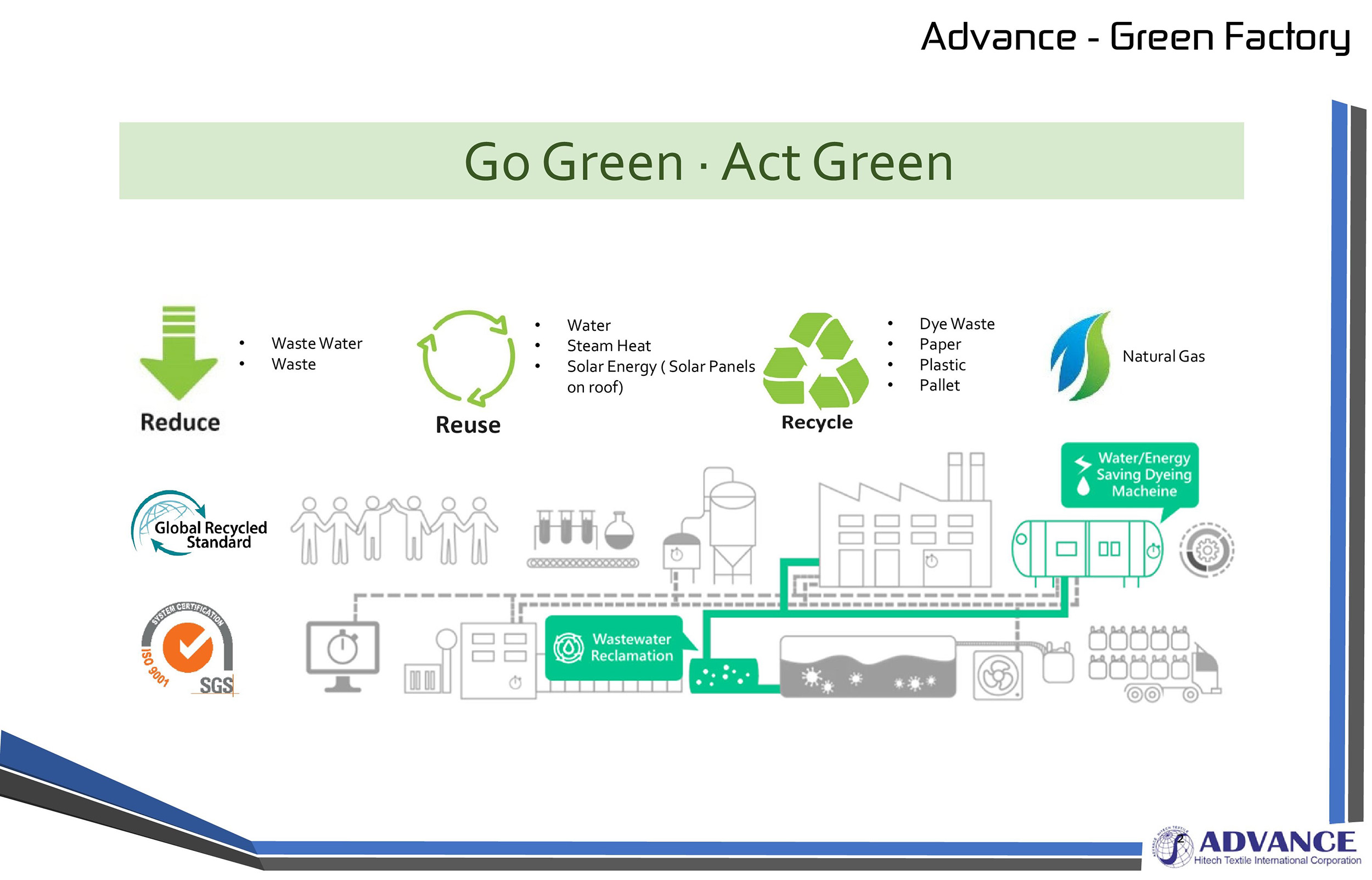
-
Understanding the commercial readiness scale
WTiN’s Commercial Readiness Scale gives an indication of what stage of commercialisation a product is at. It ranges from Emerging: a research stage development; Scaling: the product is being produced on a small but growing scale, and Commercialised: the product is well-established and ready to purchase.


Sponsored by Taiwan Textile Federation (TTF)
Ad. by TITA
The Advance Hitech Textile Corporation talks to WTiN about the challenges of making highly functional fabrics that offer sustainable benefits.
Making robust and highly functional fabrics that are also sustainable is a challenge that the Advance Hitech Textile International Corporation is familiar with. The Taiwan-based mill makes functional and protective fabrics for workwear and equipment in the aviation, marine, and healthcare industries in Asia, the US and Europe.
“The aviation and marine industry sectors demand high-tenacity textiles that meet very stringent test criteria,” says James Cheng, managing director of the Advance Hitech Textile International Corporation.
The company also makes ultra-lightweight fabric for parachutes, balloons and sleeping bags.
“There are very few weavers in the US and Europe that can create this fabric,” says Cheng. “Most of them just don’t have the efficient equipment. We’re the largest weaver and finisher in Taiwan and run between 700–800 looms at our facility – waterjet, airjet and rapier. This enables us to offer customers a weaving spec of between 15-3,000 denier, which is a massive range.”
With awareness of environmental issues rising and new regulation impending to enforce greener working practices, the requirement to deliver on sustainability as well as functionality is becoming increasingly pressing. That’s why the company developed its innovative ECOlastic™ product: a polyester-based fabric that is designed to be recyclable, stretchable and industrially washable with high visibility, which is often a requirement for the workwear sectors.
“The structural integrity and form of the fabric give it a long life, which is important for functionality,” says Cheng. “It is also resistant to fading, tearing, abrasion, and pilling and has been proven to perform better than traditional Spandex stretchable yarn.”
Spandex is not easy to recycle and its fibres don’t retain sufficient levels of dye, which means the colour fades quickly after washing. Being able to hold colour is important to maintain high visibility colours in the workwear sector.
Cheng explains: “ECOlastic lends itself well to industrial laundering and keeps its colour for longer than Spandex. That’s because it absorbs the dye into the fibre on a more intrinsic level, so the dye is not just a layer on the top, which will wash away faster.”
The technology was developed using recycled polyethylene terephthalate (PET) and polytrimethylene terephthalate (PTT) to create a super-elastic fibre. This has undergone appropriate fabric structure design and professional dyeing and finishing processing. The company says these mono-material fibres can be recycled in accordance with the requirements of upcoming EU regulation, which will enforce circular economy processes for textile firms.
Upcoming environmental regulation
“By 2026 at least 30% of workwear garments will have to contain sustainable fibre. And those percentages are just going to get higher. That’s why we’re getting so much interest from customers who want to work with ECOlastic,” says Tony Joyce, Advance Hitech’s development executive for Europe.
ECOlastic has been in development since 2022 and was launched commercially in 2023.
“Many workwear brands love the fabric because it’s recyclable, can take the levels of dye required for high-visibility and sustains its quality after repeated laundering,” says Joyce. “It stretches for comfort but once stretched it springs back more slowly than something like Spandex, which makes it appropriate for making baggy structured clothes.”
There are more than 20 types of ECOlastic available in different weights and with a range of functional finishes, including anti-static, fire retardant, waterproof and infrared reflective (IRR) coating for military use.
There’s also a biobased version of the fabric that contains corn-derived content, as well as one made from recycled plastic bottles.
The company’s research teams are continuing to develop future iterations of the fabric.
“It will develop even further in the next five years, for sure,” says Joyce. “We’re continuing to increase the percentage of the fabric that is biobased, for example.”
Running a green factory
It’s not just the fabric that’s becoming more sustainable. The company has made significant investment into establishing a greener factory.
“We were the first textile company in Taiwan to change our energy system to natural gas and between 2019 and 2023 we reduced our CO2 output by 70%. We also use solar power and recycle 50% of our hot water and 60% of our steam,” says Joyce.
Reducing production waste and working more efficiently is also key to running a greener and commercially viable factory, as well as sourcing raw materials locally.
“Occasionally we have to go beyond Taiwan to source fibres and yarns, but this happens rarely,” says Joyce. “This adds to our sustainability credentials – along with running a greener factory and producing the ECOlastic range, of course.”
The company’s efforts were rewarded in 2023 when it achieved its most important milestone: OEKO-TEX STeP Level 3. STeP by OEKO-TEX® stands for ‘Sustainable Textile’, which is a modular verification system for textile industry production plants.
“Every step of the production is taken into account with this certification so achieving this is a huge step for us,” says Joyce.
The final rating includes chemical management, environmental protection and management, social responsibility, health and safety and quality management.
“All products along the value chain can be recognised by the ‘Made in Green by OEKO-TEX’ label,” says Joyce. “The certification is an easy and transparent way to communicate our sustainability commitment with our customers and other stakeholders.”
Have your say. Tweet and follow us @WTiNcomment










